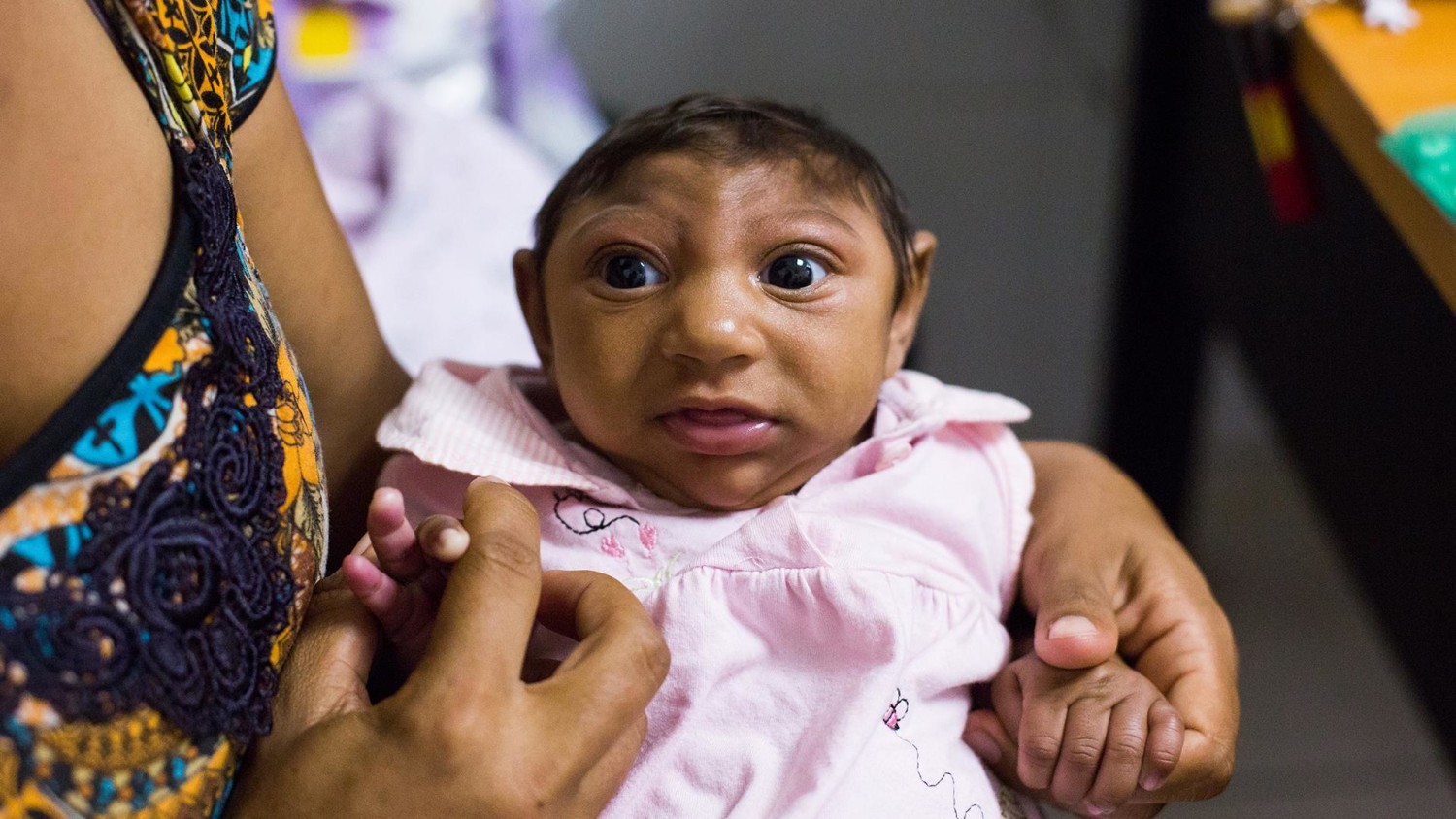
Zika virus is a mosquito-borne pathogen that has gained international attention due to its impact on public health. First identified in the Zika Forest of Uganda in 1947, the virus has since spread to various parts of the world, causing concern because of its potential effects on pregnant women and their babies.
Transmission and Symptoms
The primary mode of Zika virus transmission is through the bite of infected Aedes mosquitoes, particularly Aedes aegypti and Aedes albopictus. These mosquitoes are also known for spreading other diseases like dengue and chikungunya.

In addition to mosquito bites, Zika can be transmitted through sexual contact and from mother to baby during pregnancy.
Most people infected with Zika virus experience mild symptoms, including fever, rash, joint pain, and conjunctivitis (red eyes). Symptoms typically last from a few days to a week. However, the virus is often asymptomatic, meaning many people may not even realize they are infected.
Impact on Pregnancy
The major concern with Zika virus is its association with severe birth defects. When pregnant women contract Zika, the virus can cause microcephaly, a condition where a baby’s head is smaller than expected, leading to potential developmental issues.

Other neurological conditions, such as Guillain-Barré syndrome, have also been linked to Zika infection.

The risk of these complications has heightened awareness and urgency around controlling Zika virus outbreaks.
Outbreaks and Global Response
Zika virus outbreaks have occurred in various regions, with significant events in the Americas, particularly during the 2015–2016 outbreak in Brazil. The outbreak led to a surge in reported cases of microcephaly and other birth defects, prompting a global health emergency declaration by the World Health Organization (WHO).
In response, efforts have focused on mosquito control measures, such as eliminating standing water where mosquitoes breed, using insect repellent, and employing mosquito nets. Research has also been intensified to develop vaccines and treatments for Zika virus.
Prevention and Control
Preventing Zika virus infection involves reducing mosquito exposure and preventing mosquito bites. This includes using insect repellents, wearing protective clothing, and ensuring living areas are equipped with screens or nets. For pregnant women, it is crucial to avoid travel to areas with active Zika virus transmission and to take additional precautions to prevent mosquito bites.
Zika virus remains a significant public health concern due to its transmission methods and potential effects on pregnant women and their babies. While the virus often causes mild symptoms, its association with serious birth defects necessitates continued vigilance and preventive measures. Ongoing research and global health initiatives are vital in controlling outbreaks and addressing the challenges posed by Zika virus.
